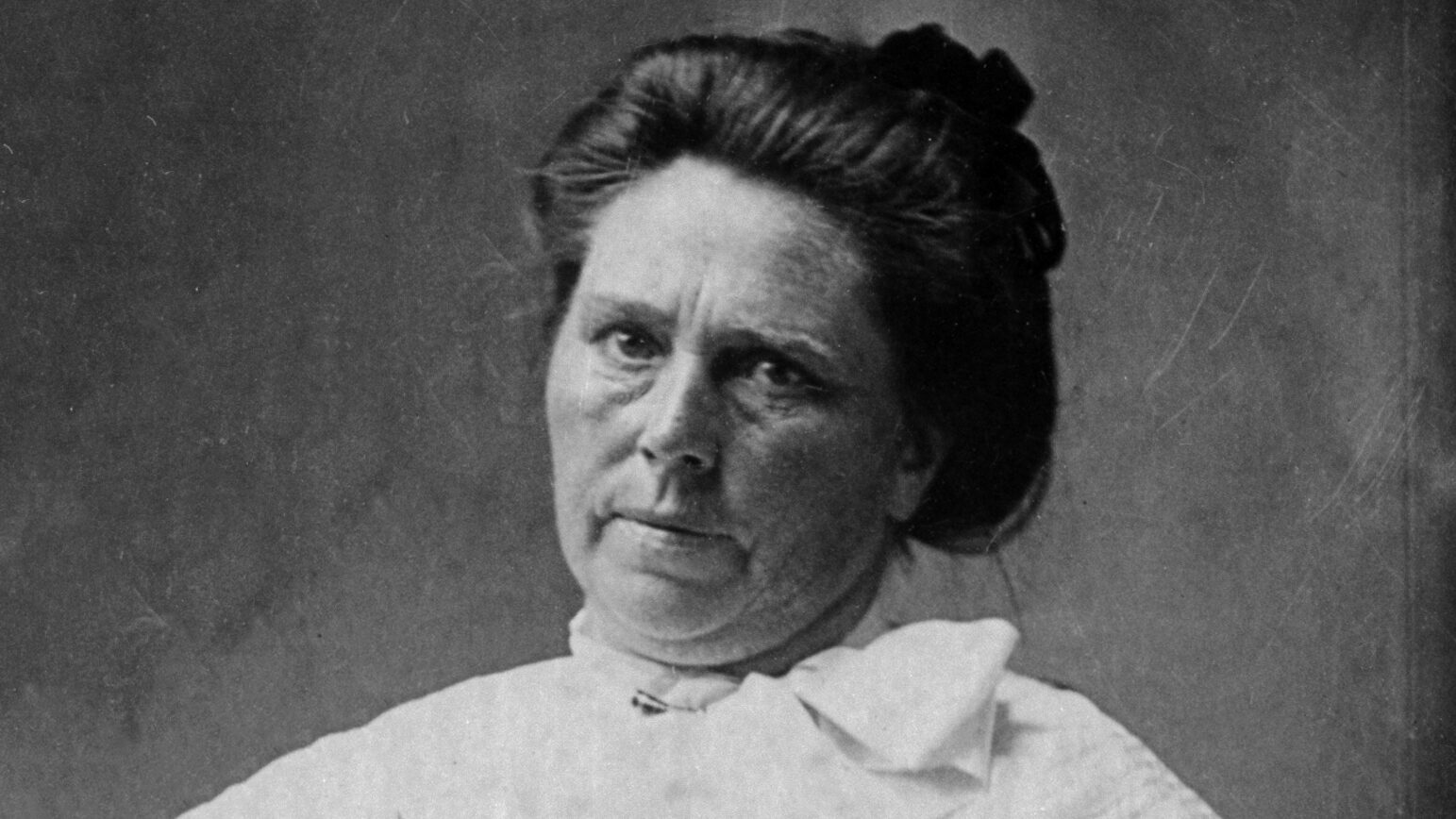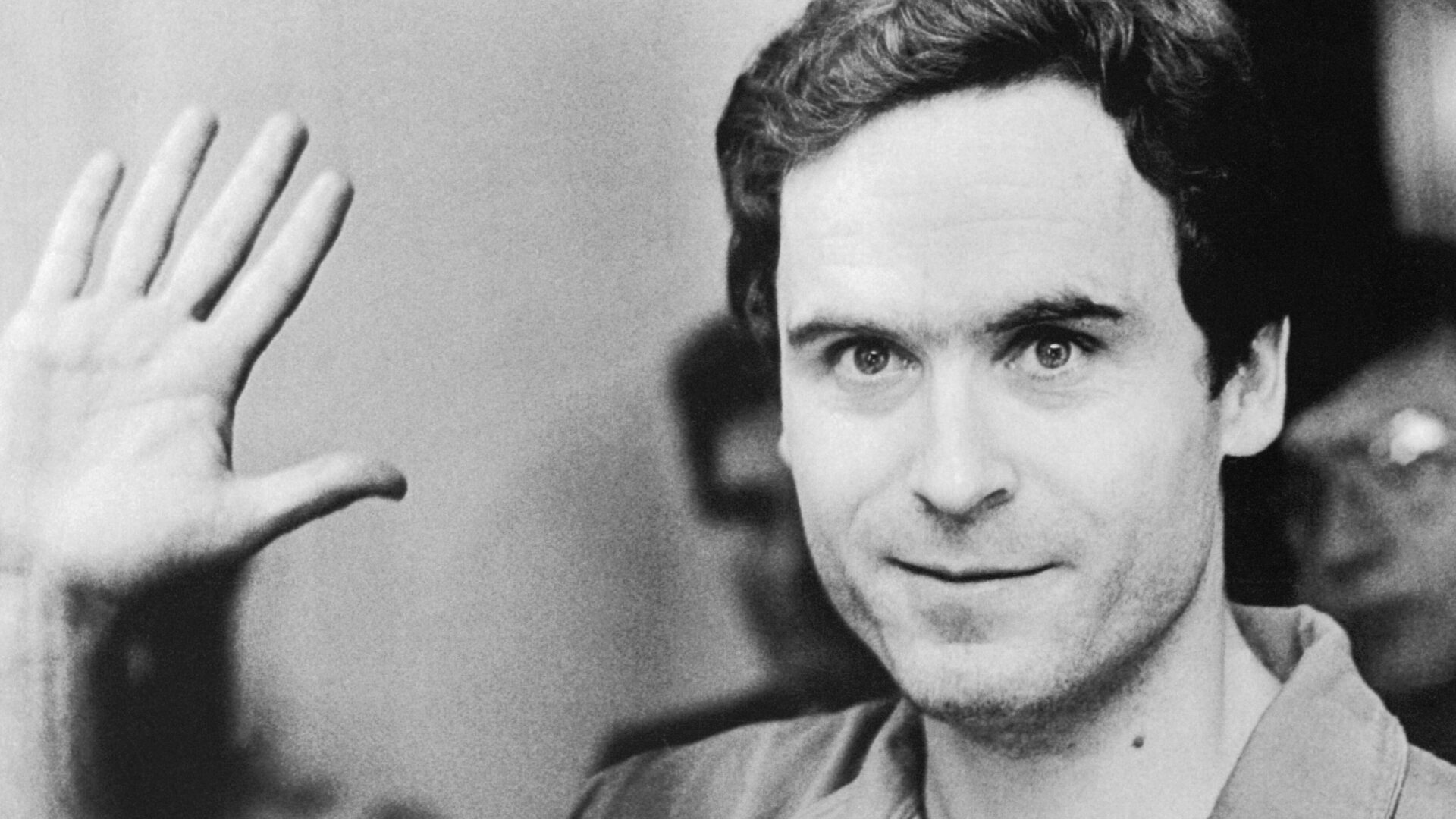America’s Most Infamous Serial Killers: The term “serial killer” evokes a sense of dread and fascination in equal measure. These individuals, who take multiple lives often driven by a twisted compulsion, leave a trail of shattered lives and communities forever altered. America, the land of opportunity and freedom, has also been a breeding ground for some of the most notorious serial killers in history. Here, we delve into the darkness, exploring the stories of these infamous figures, not to glorify their crimes, but to understand the chilling realities that can lurk beneath the surface.
Early American Serial Killers
While the term “serial killer” is a relatively modern one, the history of these monstrous acts stretches back centuries. Two of the earliest documented cases in America highlight the chilling diversity of motives that can drive these individuals.
The Harpe Brothers

Micajah and Wiley Harpe, known as the “Harpe Brothers,” terrorized the American frontier in the late 18th century. Their murders, fueled by a warped religious ideology and a thirst for plunder, were marked by extreme brutality. This case serves as a stark reminder that serial killers can emerge from seemingly ordinary backgrounds, their descent into darkness often driven by a complex interplay of factors.
Belle Gunness

Belle Gunness, a cunning woman operating in the late 19th and early 20th centuries, used her charm to lure unsuspecting men to their deaths. Motivated by greed, she poisoned and dismembered her victims, becoming known as the “Black Widow.” Gunness’ story highlights how serial killers can exploit societal norms and manipulate trust for their own sinister ends.
The 20th Century
The 20th century saw a dramatic rise in documented serial killings in the United States. Advancements in technology and criminal profiling helped to identify and capture these perpetrators, but the sheer number of cases remains deeply unsettling.
H.H. Holmes

H.H. Holmes, a seemingly respectable pharmacist, constructed a horrifying hotel in Chicago known as “Murder Castle.” This elaborate structure was designed to lure unsuspecting victims, who were then tortured, murdered, and sometimes even sold their bodies for profit. Holmes’ case stands as a chilling testament to the lengths some serial killers will go to in order to satisfy their depraved urges.
Jack the Ripper

While not technically an American serial killer, Jack the Ripper’s grisly murders of women in London’s Whitechapel district in 1888 cast a long shadow across the Atlantic. His crimes, shrouded in mystery despite numerous investigations, sparked a public fascination with serial killers that continues to this day.
The rise of mass media in the 20th century played a significant role in shaping the public’s perception of serial killers. Sensationalized news stories and fictionalized portrayals created a chilling mix of fear and morbid curiosity.
The Modern Era
The 21st century has seen the emergence of new types of serial killers. Technological advancements have provided them with new avenues for communication and stalking. Additionally, the motives behind these crimes seem to be becoming increasingly diverse.
Ted Bundy

Ted Bundy, a seemingly charming and intelligent man, was responsible for the murders of numerous young women in the 1970s and 80s. His charismatic facade and brutal crimes shattered the public’s perception of what a serial killer could look like. Bundy’s case highlighted the importance of not judging a book by its cover and the need for increased vigilance when it comes to personal safety.
John Wayne Gacy

John Wayne Gacy, a seemingly jovial children’s entertainer known as “Pogo the Clown,” hid a horrifying secret. He lured young men to his home, tortured and murdered them, and buried their remains on his property. Gacy’s case serves as a stark reminder that even the most trusted figures can harbor unimaginable darkness.
While traditionally thought of as lone wolves, some serial killers operate within the framework of organized crime rings. These individuals may be tasked with eliminating rivals or silencing witnesses, adding another layer of complexity to the phenomenon.
Why Do People Become Serial Killers?
Understanding the motivations behind serial killers remains a complex and ongoing quest for psychologists and criminologists. There’s no single “serial killer profile,” but some common factors often emerge:
- Childhood Trauma: Many serial killers have experienced significant abuse, neglect, or trauma during their childhood. These experiences can damage their emotional development and foster a sense of detachment from others.
- Mental Illness: While not all serial killers suffer from mental illness, some may have conditions like schizophrenia, psychopathy, or antisocial personality disorder. These conditions can affect their perception of reality, empathy, and impulse control.
- Power and Control: For some serial killers, the act of murder is about exerting power and control over their victims. This can be a twisted way of seeking validation or compensating for feelings of inadequacy.
- Thrill-Seeking: Some serial killers are driven by a morbid fascination with death and violence. The act of killing may provide them with a perverse sense of excitement or gratification.
- Sexual Gratification: Sexually motivated serial killers derive pleasure from the act of killing or the control they have over their victims. This is often linked to other sexual sadistic disorders.
Nature vs. Nurture
The question of whether serial killers are “born bad” or “made bad” by their environment is a complex one. Most experts believe it’s a combination of both genetic predisposition and environmental factors. However, pinpointing specific genes linked to these behaviors has proven challenging.
The Impact of Serial Killers
The ripple effects of a serial killer’s crimes can extend far beyond the immediate victims. Families and communities grapple with grief, fear, and a sense of violated safety. Law enforcement is stretched thin, and the public grapples with the unsettling reality that such monstrous acts can occur in their own backyard.
The Rise of Victim Advocacy and Support
The families of victims have become powerful voices in the wake of these tragedies. Advocacy groups work to ensure justice for victims, offer support to survivors, and push for improved law enforcement protocols.
Can Serial Killers Be Stopped?
Preventing serial killings hinges on several crucial factors:
- Early Intervention: Identifying and addressing signs of childhood trauma or mental illness can potentially prevent individuals from going down a dark path.
- Criminal Profiling: While not an exact science, criminal profiling can help law enforcement narrow down suspects and identify potential victims.
- Public Awareness: Educating the public about personal safety measures and the importance of reporting suspicious activity can empower communities to fight back.
Conclusion
The fight against serial killers is a continuous one. As technology evolves, so too may the methods employed by these perpetrators. However, advancements in forensic science, criminal profiling, and a more informed public offer hope for a future with fewer of these monstrous acts.
The stories of serial killers are undeniably disturbing. But it’s important to remember that these individuals represent a tiny fraction of the population. Most people are decent and law-abiding citizens who value human life. By shining a light on the darkness, we can work towards a future where these horrific crimes become less frequent and the darkness recedes in the face of vigilance and compassion.
You Might Also Like…
- Crime and Haute Couture: The Most Stylish Criminals in History
- Unveiling the Wonders of Renaissance Art
- Unveiling the Genius of Leonardo da Vinci Artworks
Frequently Asked Questions
Q1: Are all serial killers the same?
Absolutely not! Serial killers come from diverse backgrounds and are driven by a complex mix of factors. While some common threads may emerge, each case is unique.
Q2: Can serial killers be cured or rehabilitated?
There is no easy answer. Some experts believe that with intensive therapy, some serial killers with mental illness might show some improvement. However, for many, the risk of re-offending may be too high to ever consider release.
Q3: How can I protect myself from a serial killer?
While it’s impossible to eliminate all risk, there are steps you can take to stay safe. Be aware of your surroundings, trust your instincts, avoid walking alone at night in deserted areas, and let someone know where you’re going and when you expect to be back.
Q4: Are serial killers more common today than in the past?
It’s difficult to say definitively. Advancements in communication and forensics may make it seem like there are more serial killers today. However, it’s also possible that historical cases went unreported or misclassified.
Q5: Why is it important to learn about serial killers?
While the topic is undeniably disturbing, learning about serial killers can serve several purposes:
- Increased Awareness: By understanding the motivations and methods of serial killers, we can be more vigilant and potentially prevent future crimes.
- Empathy for Victims: Learning about these cases allows us to empathize with the victims and their families, who have suffered unimaginable loss.
- Improved Law Enforcement: Studying past cases helps law enforcement refine investigative techniques and criminal profiling methods to catch future perpetrators more quickly.
- Separation of Fact from Fiction: Sensationalized media portrayals can create a distorted image of serial killers. Learning the facts helps us understand the true nature of these crimes.

